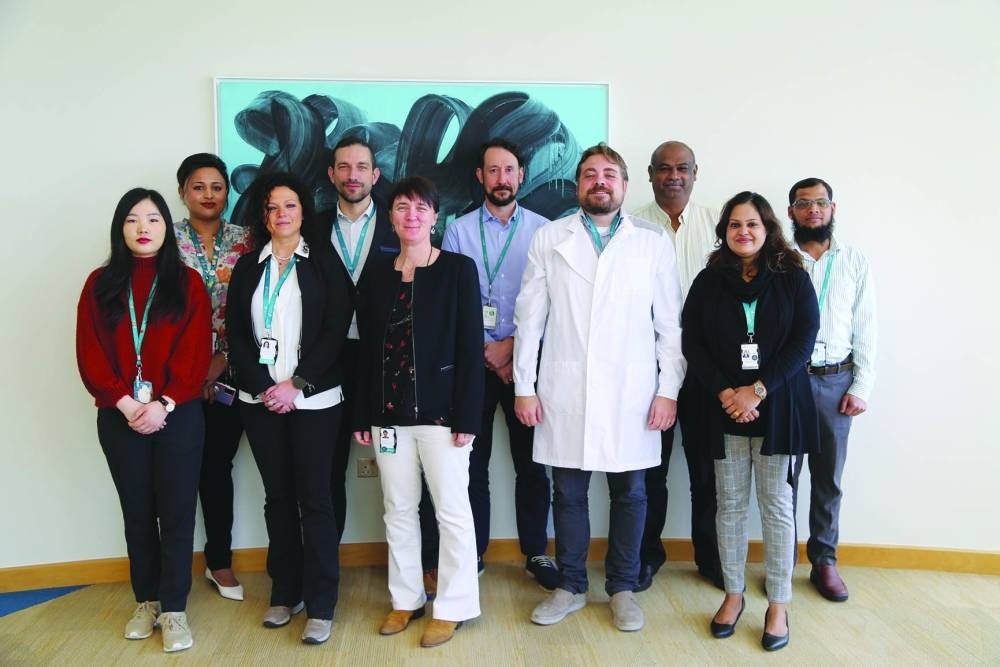The findings of a ground-breaking study by a consortium of researchers, led by Sidra Medicine, a member of Qatar Foundation, will be instrumental in the development of new versions of Covid-19 mRNA vaccines as well as aid in the treatment of patients with severe symptoms of Sars-CoV-2.
The study, which illustrated the actions of the vaccines and identified the molecular mechanisms to predict the severity of the disease, employed cutting-edge technology and approaches to better understand the response to the vaccines. It also highlights significant differences between the first and second doses of vaccines, which have been administered to billions worldwide.
The study was done in collaboration with Hamad Medical Corporation (HMC), Qatar University and international partners, Predict-19 and the University of Genoa in Italy and has been published in the journal Science Advances.
The study highlights a novel technique that can assess hundreds of various immunological pathways and antibodies with just a small amount of blood. The process can be done at home with a finger stick, similar to how diabetic patients test blood sugar levels.
Using RNA sequencing, the team monitored genome-wide responses to approximately 20,000 genes over ten days, around the first and second doses of mRNA vaccines. With this technique, they monitored daily the immune response in subjects who received the mRNA Covid-19 vaccine at Sidra Medicine and compared it with that of patients with various levels of Covid-19 disease severity enrolled in Intensive Care Units at HMC and other institutions in Italy. Overall, more than 600 samples were analysed.
Dr Davide Bedognetti, acting executive director, Translational Medicine, and co-senior author of the study said: “Our research demonstrates the advantages of using frequent sampling techniques to better understand the immune response triggered by vaccines. We hope that it will be instrumental in transforming the way immune responses can be tracked and analysed in real time.”
The team found several differences in the strength and type of immune response elicited after the first or second dose of vaccine. By gaining a more comprehensive understanding of the mechanisms of Covid-19 vaccines, researchers hope to develop more effective and safer vaccines and to identify strategies for treating and possibly preventing severe Covid-19 infections.
Dr Khalid Fakhro, chief research officer at Sidra Medicine said: " This study extends our team's impressive track record of contributing to over 100 Covid-19 studies globally, and demonstrates our expertise in publishing high impact papers that move the needle in our understanding of the human body's dynamic immune response to mRNA vaccines, using tools that our scientists built in-house.”
Dr Ali Ait Hssain, senior consultant intensivist, and lead investigator at HMC said: “The findings of the study are extremely important as they offer the opportunity to identify patients that might require tailored or personalised treatments, particularly those with severe symptoms of the disease.”
The Sidra Medicine research team, included Dr Darawan Rinchai and Dr Sara Deola, and Dr Davide Bedognetti, Dr Jean-Charles Grivel, and Dr Damien Chaussabel.

Sidra Medicine - Covid-9 immune response study team.
